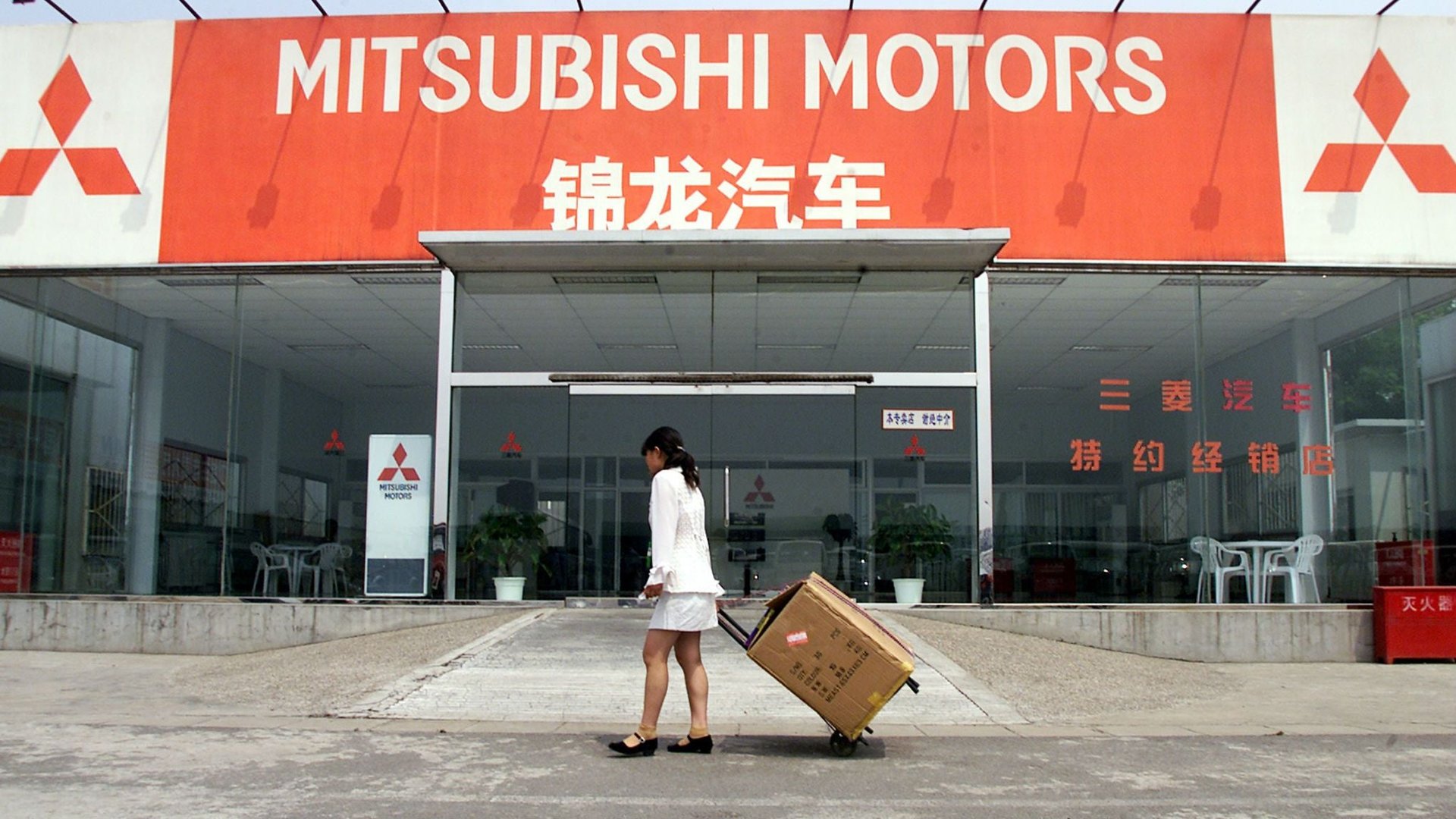China slaps a record anti-trust fine on foreign firms, says “xenophobia” not a factor
Chinese regulators, who have been launching impromptu raids on foreign companies in the country for months, just issued their largest anti-monopoly fine ever, a 1.24 billion yuan ($202 million) penalty against a dozen Japanese auto-parts manufacturers. The fine, for alleged price fixing, is the biggest since China established its anti-trust law six years ago.


Chinese regulators, who have been launching impromptu raids on foreign companies in the country for months, just issued their largest anti-monopoly fine ever, a 1.24 billion yuan ($202 million) penalty against a dozen Japanese auto-parts manufacturers. The fine, for alleged price fixing, is the biggest since China established its anti-trust law six years ago.
The penalty is a warning for other foreign firms under investigation by the authorities. These include other auto firms like Audi, BMW, Daimler, and General Motors. Microsoft is also under investigation, as is chipmaker Qualcomm, which could be forced to pay penalties of more than $1 billion (paywall) when its anti-trust investigation is settled.
Regarding the latest fine, China’s National Development and Reform Commission (NDRC) said in a statement (link in Chinese) that the Japanese parts makers ”unlawfully affected China’s auto-part prices, car prices and bearings prices, and hurt the interest of downstream manufacturers and consumers.”
Chinese authorities say the crackdown reflects the desire to protect local consumers, and that domestic companies are also in their sights. “There is no xenophobia” behind the investigations, China’s ministry of commerce claims. At a press conference today (paywall), NDRC secretary general Li Pumin said that “everyone is equal before the law.”
Still, the fact that foreign firms have received the toughest fines may suggest otherwise—Japanese companies in particular have had a hard time on the mainland of late. Sumitomo Electric was ordered to pay 290.4 million yuan, the largest of the twelve firms fined today, which is about 6% (paywall) of its annual revenues in China. Hitachi and Nachi-Fukikoshi were found guilty of pricing violations but fines were waived thanks to their cooperation with the investigation, the NDRC said. Other firms charged include bearing makers NSK and NTN, as well as Mitsubishi Electric, Mitsuba, Furukawa Electric, and Jekt.
Under the law, companies can be fined as much as 10% of their annual revenue for breaking anti-trust rules. This is especially worrying for companies like Audi, which doesn’t release its sales in China separately, but according to analysts, may derive as much as half of its earnings (paywall) from the mainland market.
There is also a worry that steep fines might dissuade foreign multinationals from investing in China, the world’s largest auto market and a crucial, fast-growing market for just about every other industry too. “There’s a very real risk that these continued and high profile investigations will have a material impact on the willingness of foreign multinationals to be present in China,” Andrew Foster, a Beijing-based attorney at Skadden, Arps, Slate, Meagher & Flom told Bloomberg.